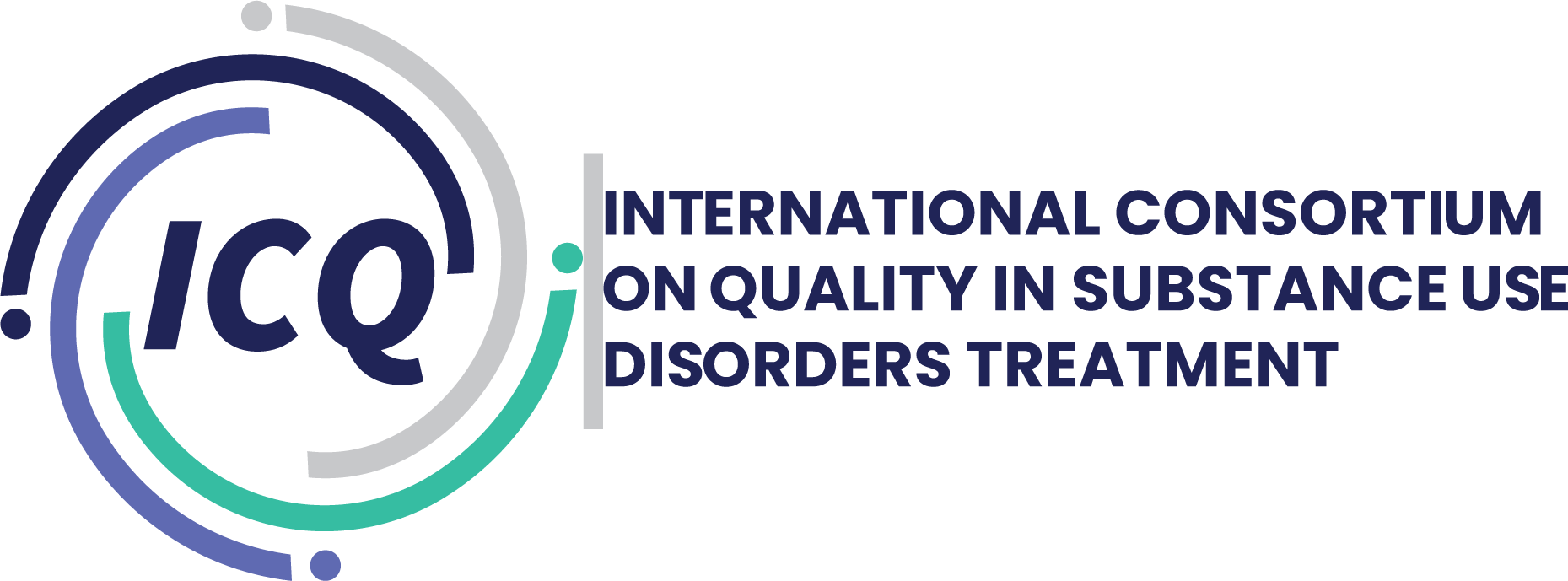Trauma-Informed Approaches: The Impact of Parental Addiction on Children
Overview:
This presentation delves into the profound impact of parental addiction on children, offering a comprehensive understanding and appreciation of their unique experiences. Growing up in an environment of addiction subjects children to significant trauma and chronic, unmanaged stress, leading to lifelong effects. These can manifest as social, behavioral, attachment, cognitive, and academic issues, an earlier onset of substance use, and, for about half of these children, addiction.
Targeted interventions are crucial in offering these children trust, emotional sharing, and the development of coping skills. Unfortunately, services for children in these circumstances are severely limited. Factors such as poverty, parental incarceration, systemic racism, and other forms of discrimination further hinder access to and participation in available services. The stigma surrounding addiction, family rules that discourage discussing home issues, and fear of disbelief make it challenging to identify and intervene effectively. Survival roles often adopted by these children help protect their safety and position within the family.
Trauma-informed adults play a critical role in creating a safe and predictable environment that fosters recognition, support, and resilience development. By understanding their needs and nurturing their strengths, these children can begin to heal. Validating and strengthening the resiliencies and strengths they have developed is essential. In this presentation, Dr. Wendy Wade will help the participants how to help children identify their needs, accept help from trained adults, and recognize other safe people in their lives. The presentation will also demonstrate three activities designed for working with children in groups, which can be modified for individual use.
Objectives:
- Restate three traumatic adverse effects of parental addiction on children’s cognitive, behavioral, physical, and social-emotional development
- Explain two ways children carry the family’s stigma and pain by adopting survival roles
- Demonstrate understanding of children’s resiliencies to effectively guide them in developing three effective coping skills and heal.
